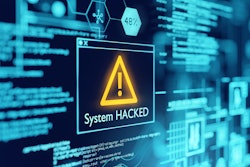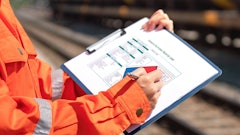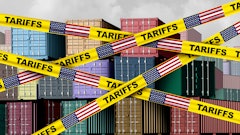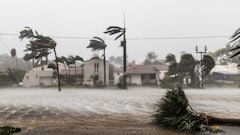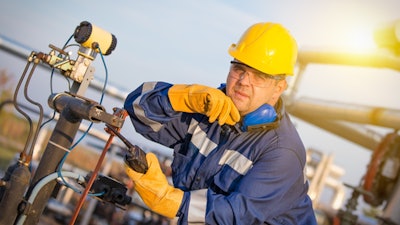
When the Suez Canal saga happened in March, it created a ripple effect of repercussions, that even now, three months later, is still being felt across the globe.
In fact, ClearPrism reports the canal blockage will affect approximately 25% of the U.S. gross domestic product value, and will result in impacts on another 15%.
And, yet, here we are. In May. Experiencing yet another global supply chain disruption. One that involves a cyberattack on Colonial Pipeline, which is said to be the largest U.S. refined products pipeline system, carrying more than 3 million barrels of gasoline, diesel and jet fuel between the U.S. Gulf Coast and the New York Harbor area.
The ransomware attack, reportedly stemming from a criminal group based in Russia, provides a glimpse into the vulnerability of our nation’s energy infrastructure, bringing cybersecurity, risk mitigation and supply chain visibility to the forefront.
Despite all of the technologies and safety nets companies implement, supply chain disruptions still happen. And, will continue to happen.
In an expert column presented by Stu Sjouwerman from KnowBe4, protecting critical data, ensuring data privacy and supervising third-party links remain some of the top cybersecurity risks to the supply chain.
In a separate expert byline by Meshach Weber from Loadsure, ransomware attacks have spiked 715% year-over-year, attacking everything from cargo and freight carriers to networks and financials to now, gas pipelines.
Here's what we know as of press time:
Once brought back online, the ripple effect of this particular supply chain disruption will create an increase in gas prices and even a gas shortage.
“Perception is reality. It's more likely that fuel shortages will be a result of panic buying from consumers watching the headlines unfold, as opposed to shortages directly caused by the attack. This is something we saw with COVID and grocery stores selling out of household items. Regardless, it shows the impact cybersecurity has on our everyday lives. The impact of this attack is tangible for folks who otherwise wouldn't pay much attention to a cyberattack. Much like the water treatment attack in Florida, consumers care about the safety of their water and gas prices. It's much easier to understand the impact of a cyberattack if it directly impacts your day-to-day life,” says Marty Edwards, director of ICS-CERT and VP of OT security at Tenable.
Colonial Pipeline continues to evaluate product inventory in storage tanks at its facilities and others along the system, and is working with shippers to move product to terminals for local delivery.
"Actions taken by the Federal Government to issue a temporary hours of service exemption for motor carriers and drivers transporting refined products across Colonial’s footprint should help alleviate local supply disruptions and we thank our government partners for their assistance in resolving this matter," according to a media statement given by Colonial Pipeline.
And, only one of the four lines is operational, but that one line, which runs from Greensboro, N.C., to Woodbine, Md., is only operating manually.
Moving forward, hopefully this particular supply chain disruption is just a blip on the radar. But, if not, be sure to fill up your gas tanks. Today.








